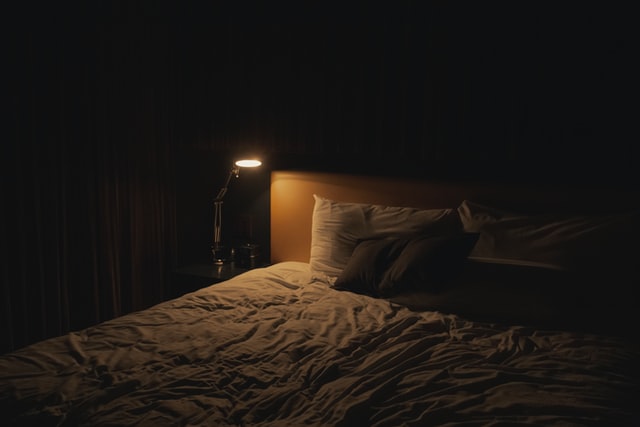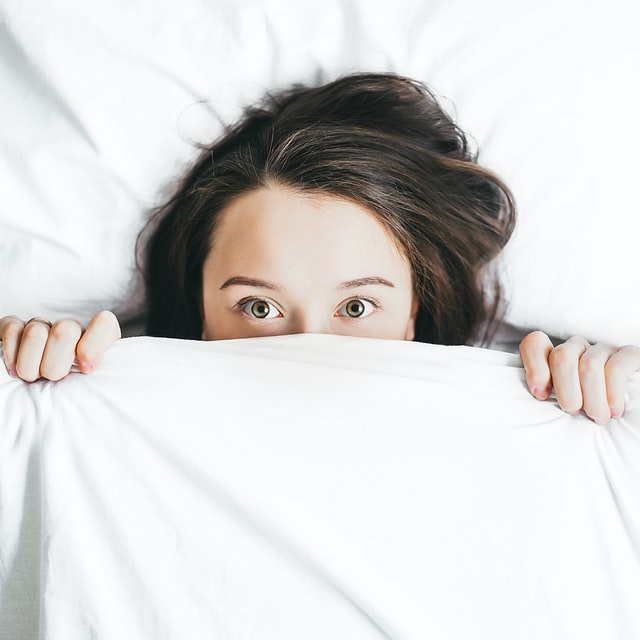With exam season fast approaching, pulling all-nighters and staying up late to complete assignments is tempting – but at what cost to our health?
The National Sleep Foundation advise that healthy adults need between seven to nine hours of sleep a night but according to the NHS one in three of us suffer from poor sleep.
Sleep is just as important as eating a healthy and balanced diet and a lack of it can affect your physical as well as mental health, with the NHS stating that chronic sleep debt leads to higher chances of developing anxiety or depression.
With so many of us not getting enough sleep due to busy student schedules, implementing a routine is the first step to getting a better night’s sleep.
The first step is establishing a regular bedtime and sticking to it.

Sleep researchers at Harvard Medical School have found that keeping a regular sleep schedule, even on weekends, maintains the timing of the body’s internal clock and can help you wake up more easily.
By working out what time you need to wake up each morning, you can create a comfortable bedtime, allowing 7-9 hours for sleep, plus time to wind down and wake up each morning.
Additionally, for those that find it hard to relax at bedtime due to days packed with activities and assignments, some simple winding down practices can help you get to sleep.
This may include taking a warm bath, journaling and writing your to-do list for the next day to clear your mind.
However, one thing that may be contributing to poor sleep and feeling tired that many of us are guilty of is using our phones just before bedtime.
Research has found that the blue light emitted from our devices suppresses melatonin, the sleep hormone, and keeps our minds psychologically engaged instead of switching off for bedtime.
One way of avoiding using your phone before bed is leaving it to charge in a different room an hour before bedtime.
Additionally, replacing social media scrolling with reading a book right before bed is a great alternative and helps you to wind down and relax.
Lastly, your environment plays a big role in sleep quality, it should be a relaxing environment that is dark, quiet and tidy.

Remove anything that could be a distraction like any devices that make noise and make your room as dark as possible.
Investing in blackout blinds to block light coming into your room at sunrise is helpful during the summer season when the nights are shorter.
If you are easily distracted by the noise of others, especially if you leave in a shared house or halls where the walls are thin, earplugs can be a great cost-effective way to block out sound.

